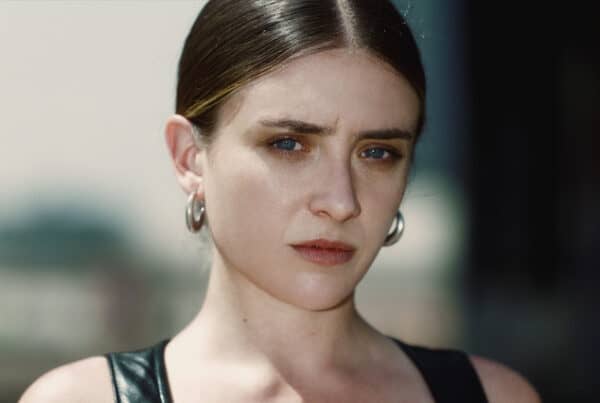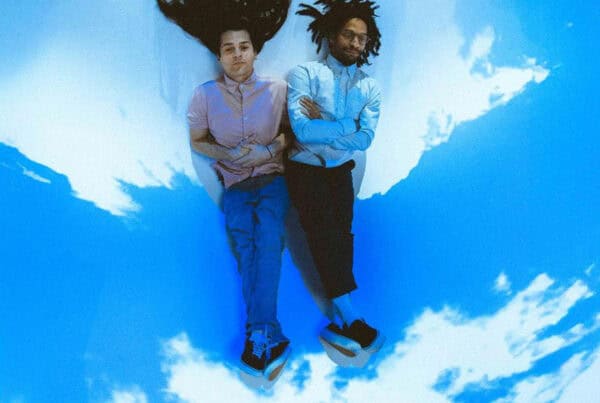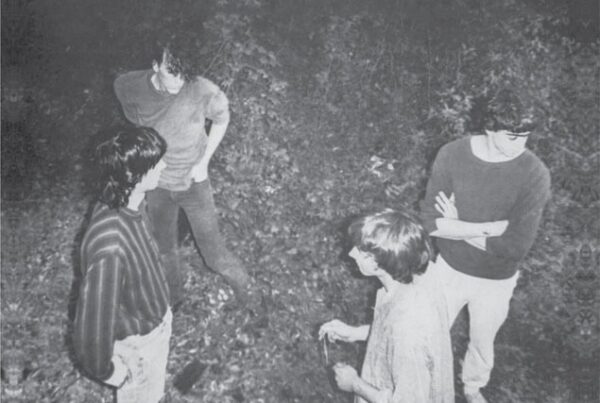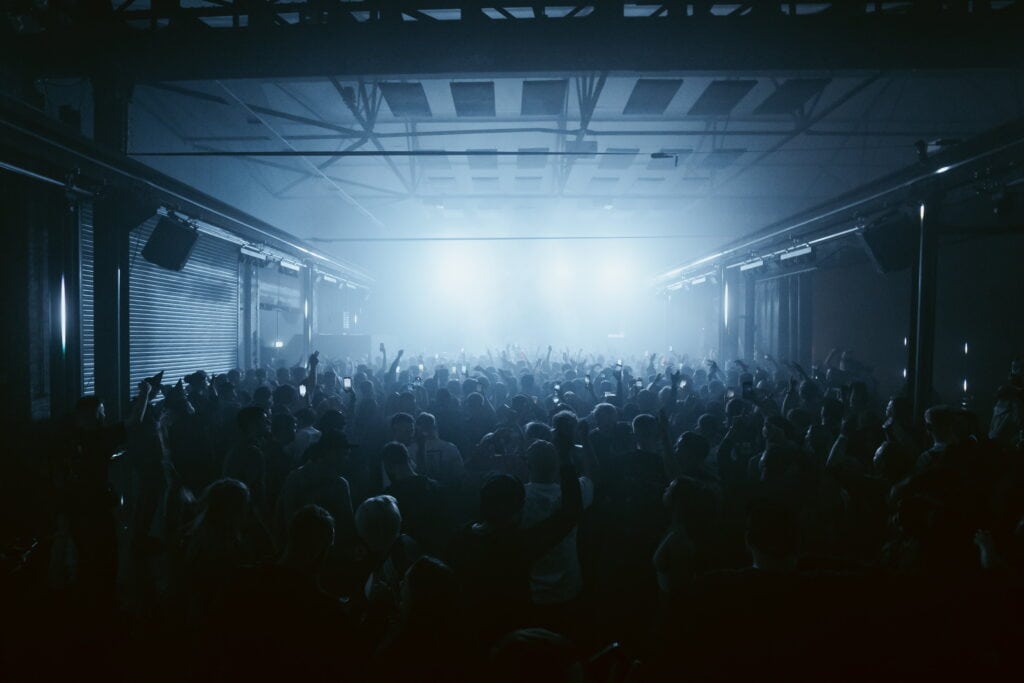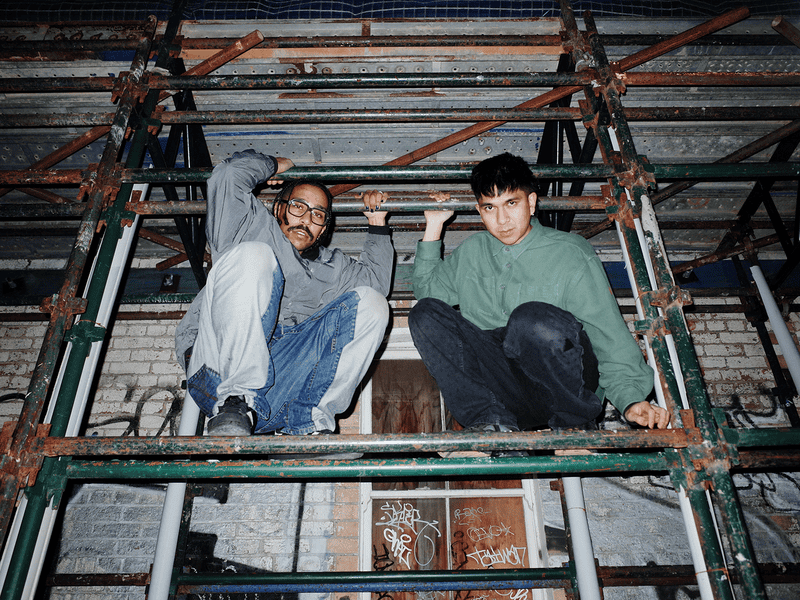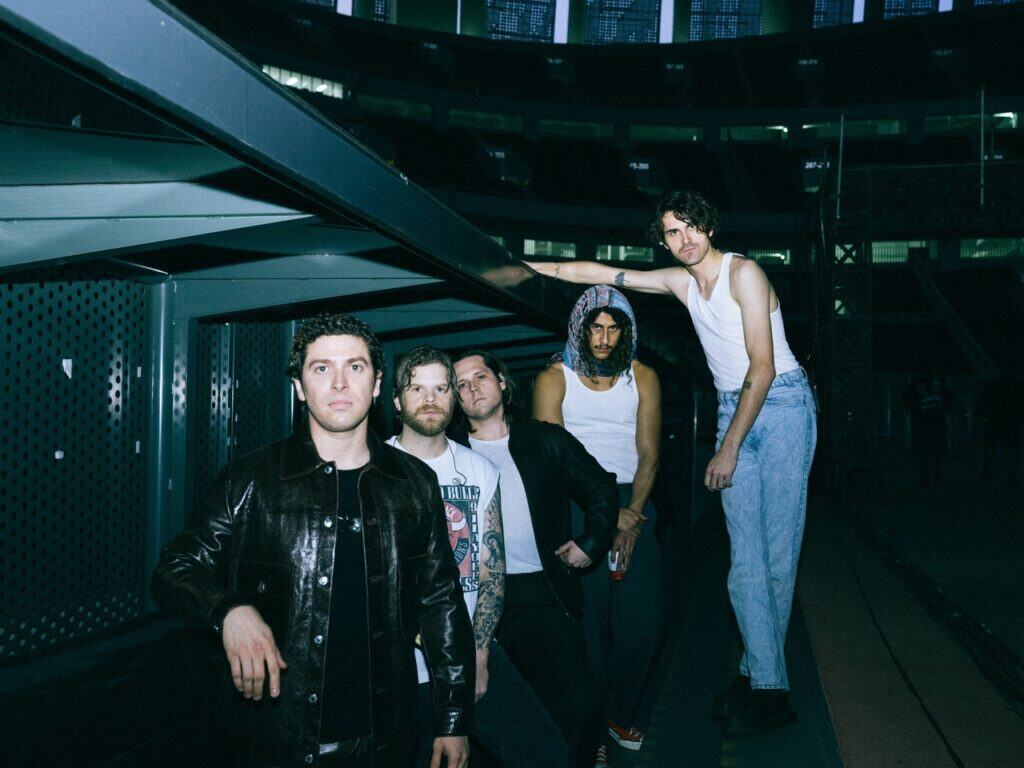S] Hi guys, how are you today?
We are safe and well. That’s what is most important at the moment.
S] How much value do you place on the aesthetic of what you do?
Aesthetics are really important to us. It’s a very visual project so aesthetics matter.
S] What would you say your biggest challenges as artists, aside from Covid?
Turning cases into music. It’s emotional and sometimes impossible to pull off. It takes time and patience.
S] To my understanding, you guys have always been about raising awareness and telling stories, rather than glorifying the actions of your subjects – do you think we as a wider society have an issue with “glorifying the bad guy” – I ask this because I’ve had a number of conversations around TV series like ‘Hannibal’ or ‘You’ – where people think these characters are “cool”, and sometimes “sexy” for example, do you see this as an issue to address or harmless fascination?
I think it becomes a problem when you adapt it to real life. A villain e.g. Joker from The Dark Night is fine, but as soon as it gets too extreme and you already live the role – like the guy who ran into the cinema and shot innocent people – it’s a problem.
S] What do you define success as individuals?
If you can do what you feel like doing. The fact that I write songs about true crime and that I can consider it a profession is already a success for me.
S] How have you changed and developed as creatives, and as people since Skynd was born, up until this point?
I am still the same, though the writing process got a lot easier as time went on, translating true crime cases into music.
S] What would you like the Skynd legacy to be?
This is too early for us to say, we will have to see!
S] To any young creatives who are inspired by what you do – visually, and sonically, what is your message to them?
Keep believing in yourself even if no one else does.
S] And to fans in the UK looking forward to seeing you again, is there anything you’d like to say?
I can’t wait to see your faces again at the headline shows in 2022!

